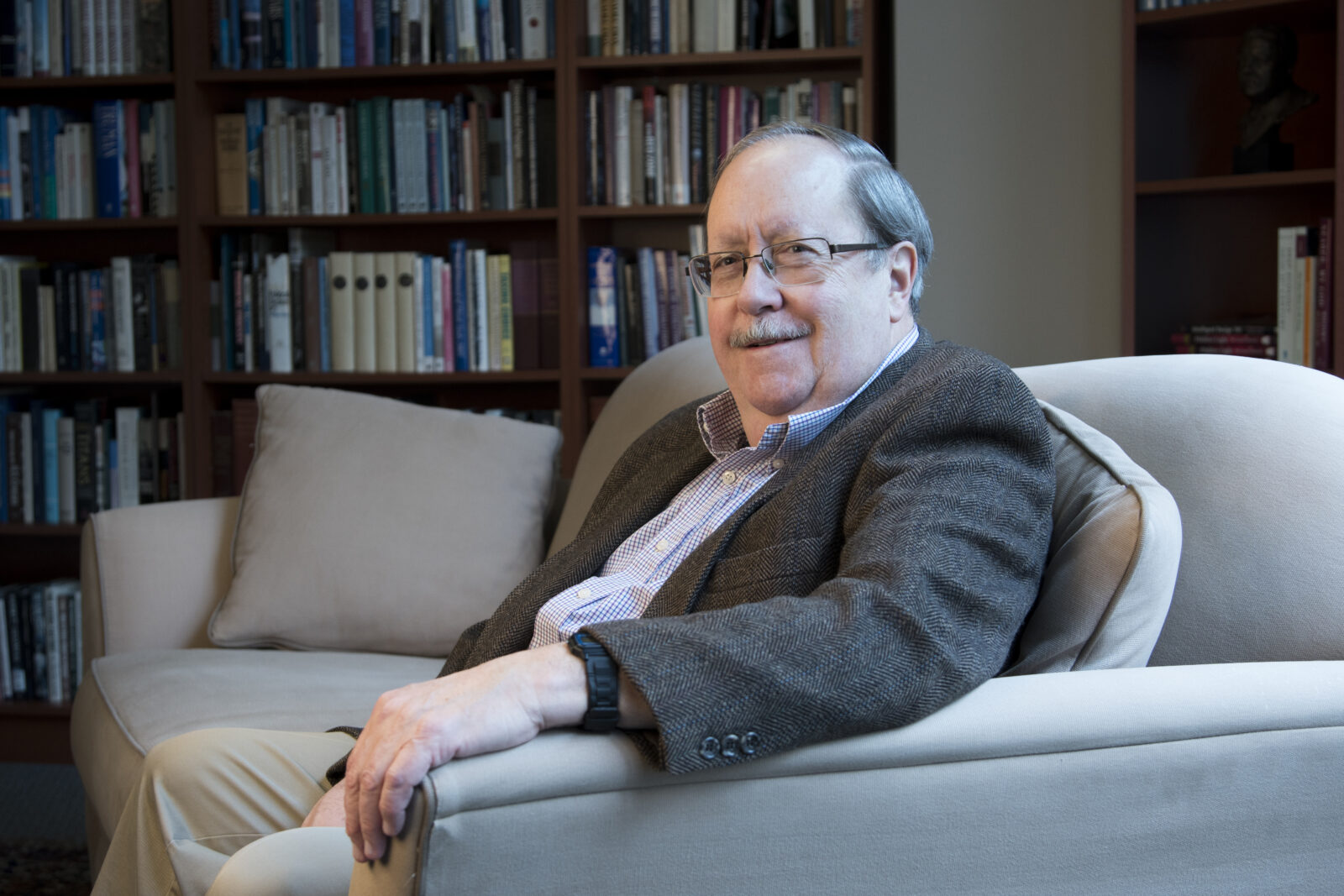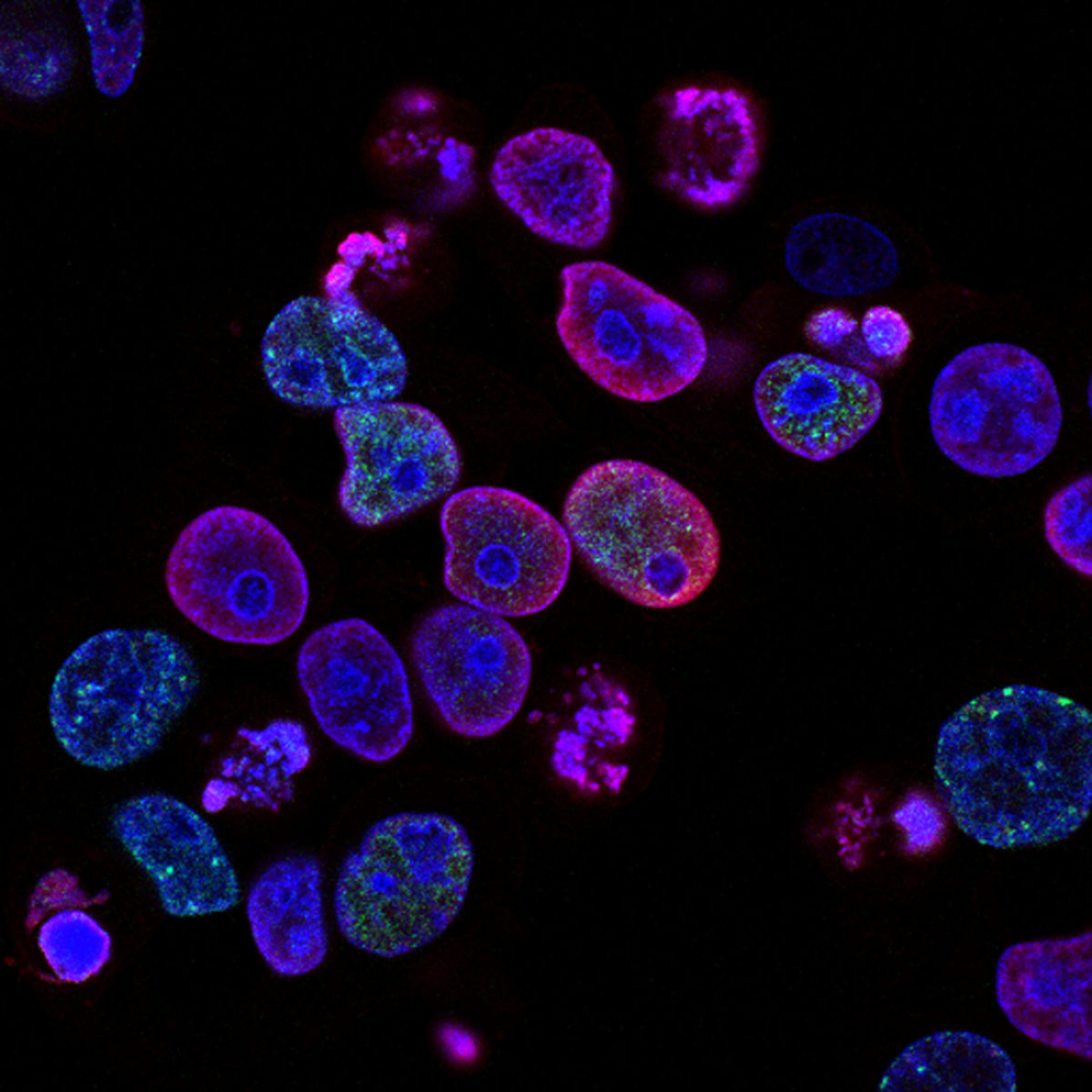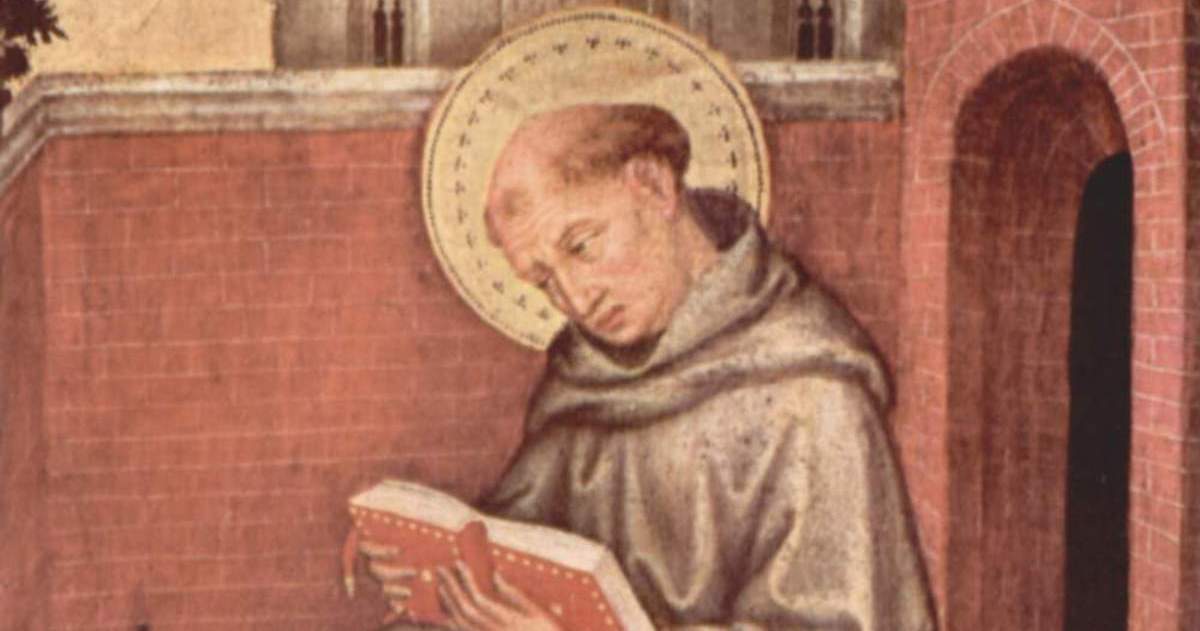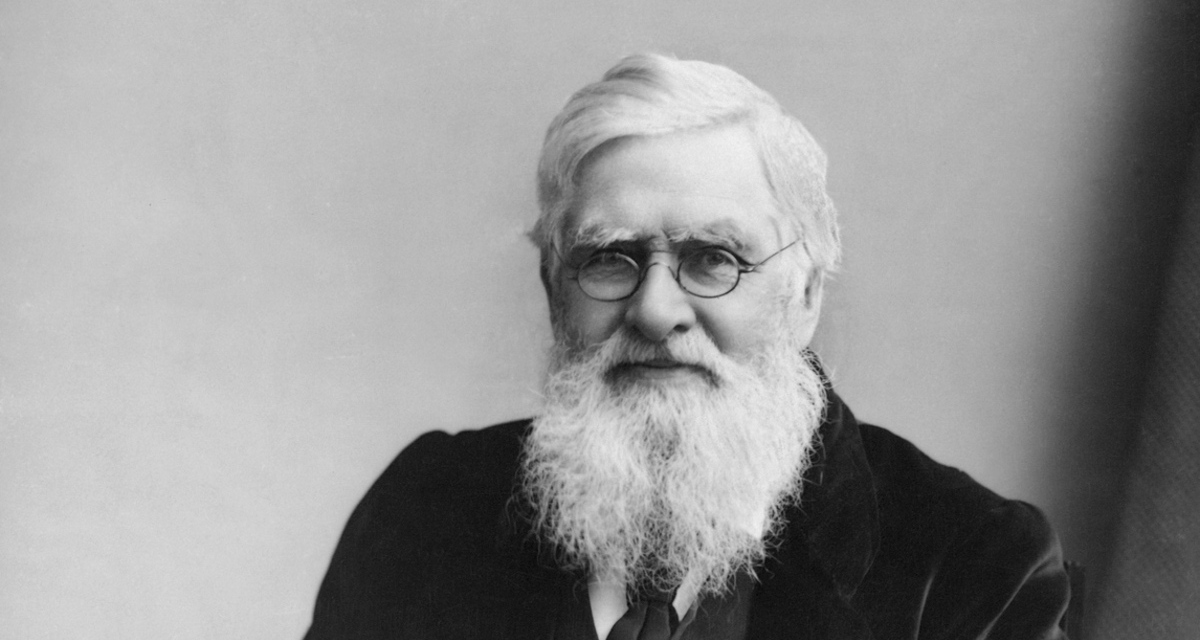


Paul Nelson: My Adventures with Jonathan Wells

Honoring Phillip Johnson, Pt. 3: Michael Behe
On this ID the Future we continue a series of messages from a November 2019 symposium in Berkeley, California, presented in honor of the late Phillip Johnson, who played a crucial role in the flowering of the intelligent design movement. Read More ›

Chaberek: Why Thomas Aquinas Would Have Loved Intelligent Design
On this episode of ID the Future, Father Michael Chaberek, author of the books Catholicism and Evolution and Aquinas and Evolution, explains why the theory of intelligent design meshes well with the philosophy of Thomas Aquinas. In his conversation with host Jay Richards, Chaberek, creator of the site Aquinas.Design, notes that some Thomists complain about ID, but he argues that they misunderstand what ID is and isn’t. As for criticism that ID is a “God of the Gaps” argument, Chaberek urges Thomists to consider where that complaint leads: For Catholics, and Christians generally, that complaint proves way too much, he argues.
Read More ›
Nature’s Prophet, Pt. 1: How Alfred Russel Wallace Embraced Intelligent Design
On this episode of ID the Future, historian Michael Flannery discusses his just-released book Nature’s Prophet: Alfred Russel Wallace and His Evolution from Natural Selection to Natural Theology. It’s the intellectual history of Wallace, who is credited with independently propounding the the theory of evolution by natural selection. Darwin insisted on a purely materialistic version of the theory, but as Wallace studied the evidence, he grew convinced that intelligent design also played a role in the history of life, particularly in the origin of humans. Though not a religious person, he broke with the rising scientism of his day to argue that there must be some “overruling intelligence” behind nature.
Read More ›
Zombie Science Author: From Berserkeley to Berkeley and Back Again
On this episode of ID the Future, Zombie Science author Jonathan Wells talks about his multifaceted, impressive and, at times, quirky educational history. Dr. Wells started as an undergrad geology major at Princeton and later moved to Berkeley to finish his undergraduate work. He was arrested as a conscientious objector and saw the ugly side of the anti-war movement. Disgusted, he moved to the remote mountains and there discovered evidence of intelligent design. After snagging a Ph.D. in theology from Yale, he returned Berkeley for his second Ph.D., this one in embryology. It was in studying embryos that Dr. Wells came across his first Icon of Evolution, Haeckel’s embryos. More icons soon followed. These and the dogmatism of the scientific materialists are explored in his newest book, Zombie Science: More Icons of Evolution.
Read More ›
Physicist Rob Sheldon on the History of Cosmological Thought, Pt. 2
On this episode of ID the Future, physicist Rob Sheldon talks with Casey Luskin about how there has been a paradigm shift in cosmological thought. Though cosmologists used to believe that the universe existed eternally in a static state, they now see a finite universe that had a beginning. Dr. Sheldon also explores the implications of this shift for theism, materialism, and intelligent design.

The Universe Next Door with Tom Woodward: Michael Flannery on Alfred Russel Wallace
On this episode of ID the Future, hear a talk between Professor Michael Flannery and Dr. Tom Woodward on the radio program The Universe Next Door on one of the most important, and often overlooked, figures in the history of evolutionary theory: Alfred Russel Wallace. In the late 19th century, the theory of evolution was usually referred to as ‘the Darwin and Wallace theory,’ but today, Wallace’s views are best seen as a precursor to the modern intelligent design theory. Listen in as Prof. Flannery tells Wallace’s story.

Film The Revisionaries Revises History of 2009 Texas State Board of Education Evolution Debate
On this episode of ID the Future, Casey Luskin shows how the film The Revisionaries revises history. Coming soon to PBS, The Revisionaries falsely suggests that intelligent design and creationism were required in the 2009 Texas Science Standards (TEKS) and pushed for by ignorant fundamentalist board members who ignored the advice of all qualified experts. Tune in as Casey exposes this misinformation and reviews the hard facts.

Intelligent Design Turns 25
On this episode of ID the Future, Casey Luskin interviews Thomas Woodward, who makes the argument that 2009 should be celebrated as the 25th anniversary for intelligent design. Listen in as Dr. Woodward recounts the history of intelligent design and how the movement has changed over the last quarter-century. Learn more about The Mystery of Life’s Origin Thomas Woodward is the author of Doubts About Darwin: A History of Intelligent Design and Darwin Strikes Back: Defending the Science of Intelligent Design.